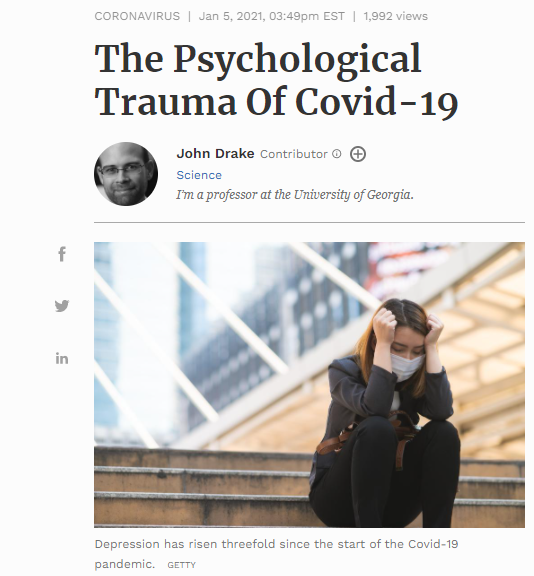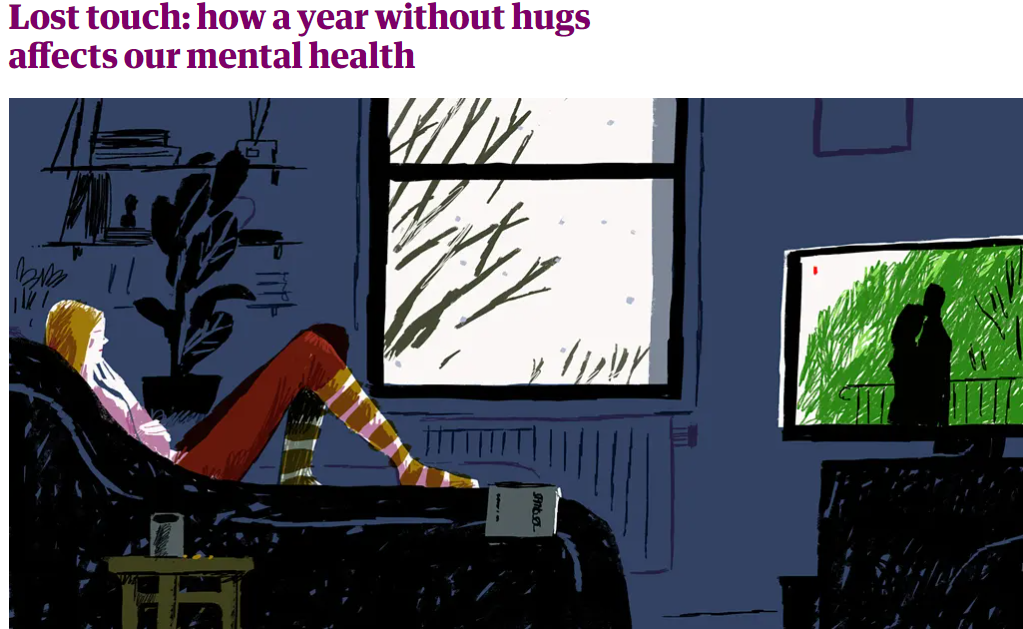
Defining Trauma: “Trauma is the emotional response to a terrible event such as a natural disaster, accident, or assault” (American Psychological Association)
Emotional expressions of trauma can look like: shock, denial, unpredictable emotions, flashbacks, strained relationships, physical symptoms, and nightmares.
What is Trauma? (In American Sign Language)
Trauma in the Deaf Community publication
The Emotional Side of Trauma – PsychAlive
Ways to Heal from Trauma:
*Stigma around mental health and accessing services creates an environment where people often delay or completely avoid seeking help. This is a significant problem that prevents people from getting the assistance they deserve. Please, do not suffer alone. There are community and local supports available to help you in your time of need; ready to welcome you with open arms. Some recommendations could include:
- Asking for help
- Not isolating yourself
- Connect with people you care about
- Join support groups
- Reduce daily stressors
- Therapy
- Medication
- Self-care: drinking water, eating regularly, doing something you enjoy during your day, exercising, meditation/yoga, bathing, deep breathing, trying to keep a regular sleep schedule
- Grounding yourself- name 3 things you see, hear, smell, touch, and taste, feel your feet planted on the ground and breath deeply
Types of Trauma
- Collective – COVID-19; 9/11; Systemic Racism
- Acute – Robbery; Assault
- Generational – Trauma transferred between generations such as racism and discrimination
- Complex – Exposure to multiple traumatic events
- Community-based – Gang violence; Neighborhood violence (Adverse Community Environment)
- Early Childhood – Survival of abuse as a child; Witnessing domestic violence; Childhood neglect (Adverse Childhood Experiences)
- Vicarious Trauma – Feeling trauma symptoms yourself after hearing about someone else’s trauma (Healthcare workers)
Symptoms of Trauma
- Denial
- Fear
- Anger
- Numbness
- Shame
- Guilt
- Anxiety
- Depression
- Nightmares
- Irritability
- Hopelessness
- Fatigue
- Headaches
- Digestive Issues
- Sweating
- Panic attacks
- Racing Heart
- Feeling “jumpy”
- Restlessness
- Trouble Sleeping
(All above information was sourced from the American Psychological Association)
Click on a link or image below to access the associated content
Post-Traumatic Stress Disorder and the Brain




